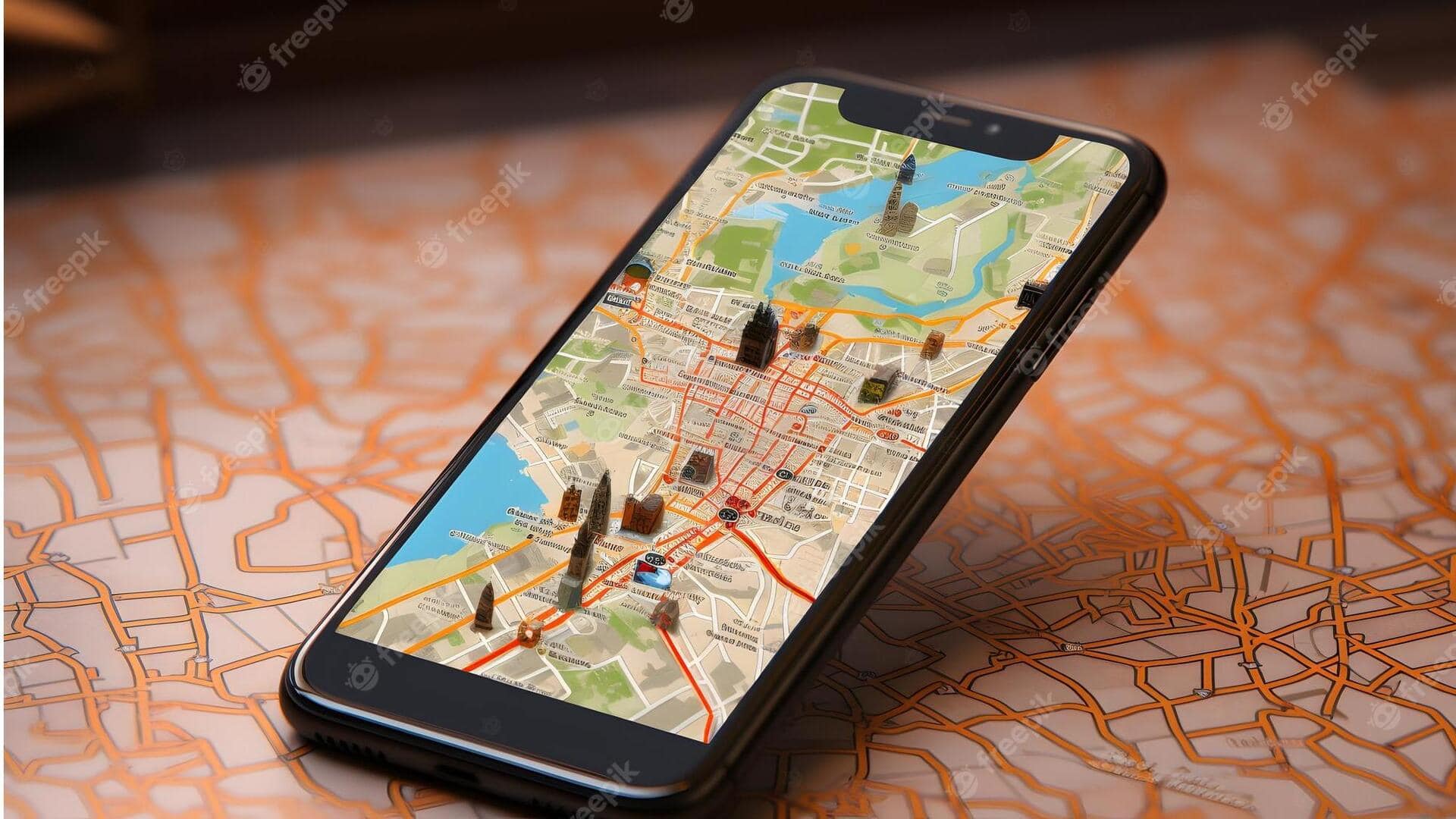
Google sued over negligence after man drives off collapsed bridge
What's the story
The family of a US man who died after driving off a collapsed bridge, due to following Google Maps directions is suing the tech giant for negligence. Philip Paxson, a medical device salesman, drowned in September 2022, after his Jeep Gladiator fell into Snow Creek in North Carolina. The lawsuit, which has been filed in Wake County Superior Court, claims that Google had been alerted of the bridge's collapse, which happened in 2013 but failed to update its navigation system.
Details
Google allegedly failed to take action despite being alerted
Several local residents had informed Google Maps about the collapsed bridge in the years leading up to Paxson's death, according to the lawsuit. The court filing includes email records from a resident who used the map's "suggest an edit" feature in September 2020 to inform Google. An email confirmation, from November 2020, from Google confirms the company received the resident's report and was analyzing the suggested change. However, the lawsuit claims no further action was taken.
Incident
No barriers were found at the accident site
Paxson was driving home, from his daughter's ninth birthday party, via an unfamiliar neighborhood when Google Maps supposedly directed him to cross through the collapsed bridge. State police found Paxson's body in his overturned and partly submerged truck and said there were no barriers or warning signs along the roadway. He had driven off the broken bridge and crashed roughly 20 feet below, according to the lawsuit.
Information
The family is also suing three private companies
The bridge was not maintained by local or state officials, and the original developer's company had dissolved, North Carolina State Patrol had said. Three local companies are sued by the Paxson family, asserting that they had the duty to maintain the bridge.
Insights
Google is reviewing the lawsuit
Google spokesperson Jose Castaneda told the Associated Press, "We have the deepest sympathies for the Paxson family. Our goal is to provide accurate routing information in Maps, and we are reviewing this lawsuit." The case highlights the potential dangers of relying solely on technology for navigation and raises questions about the responsibility of tech companies to ensure the accuracy and safety of their products.